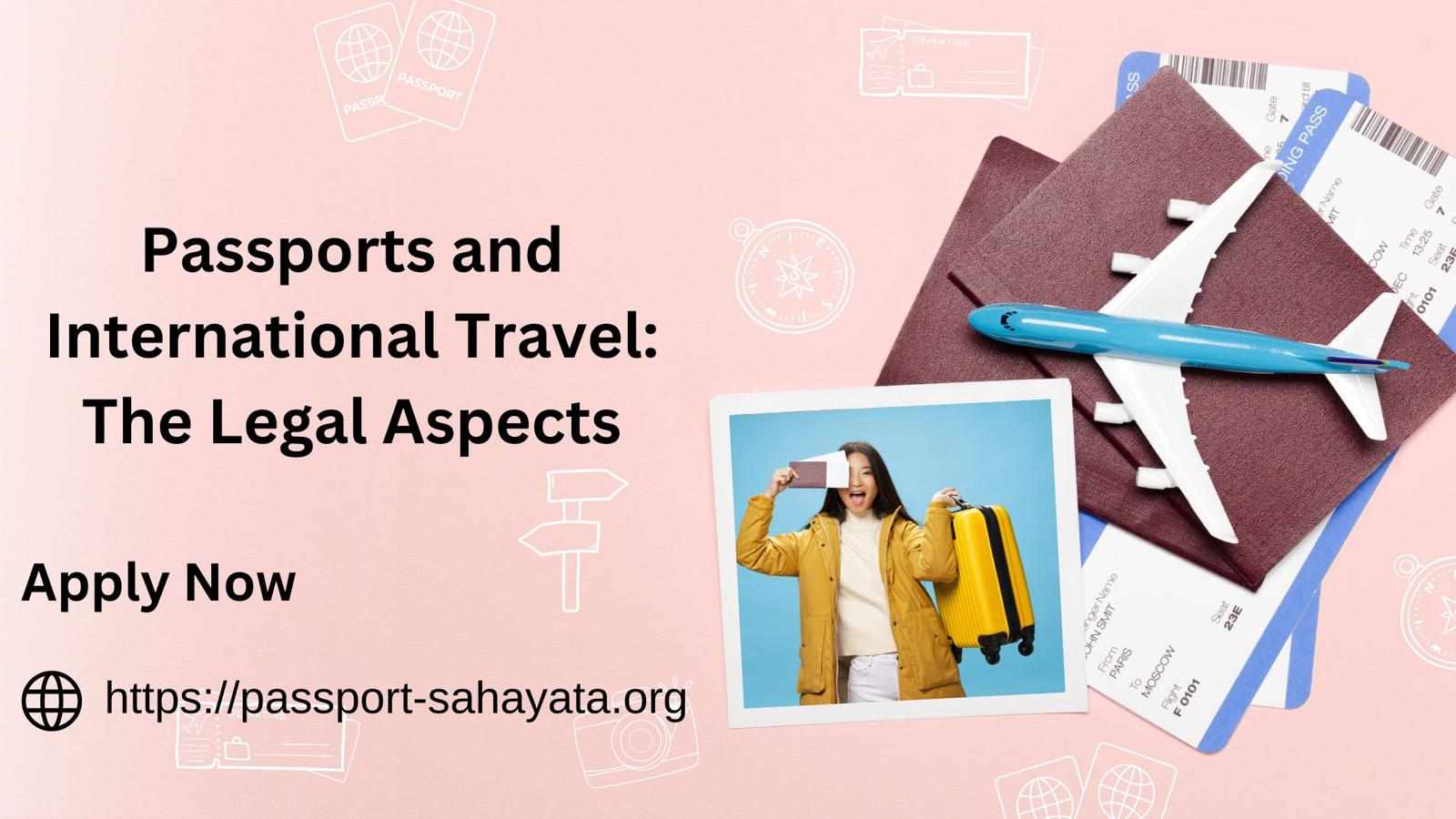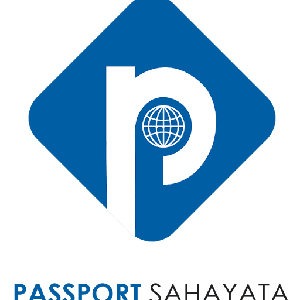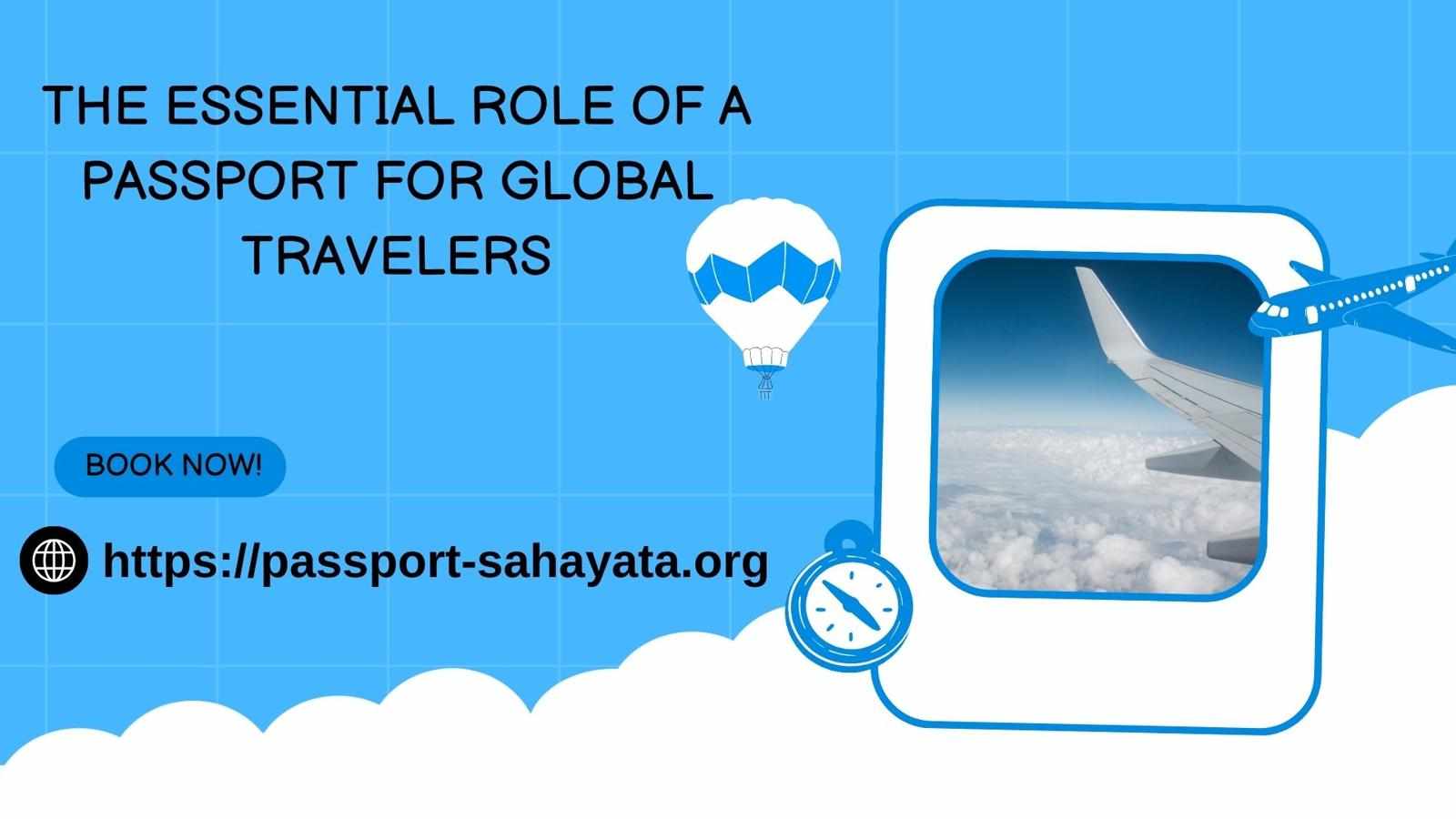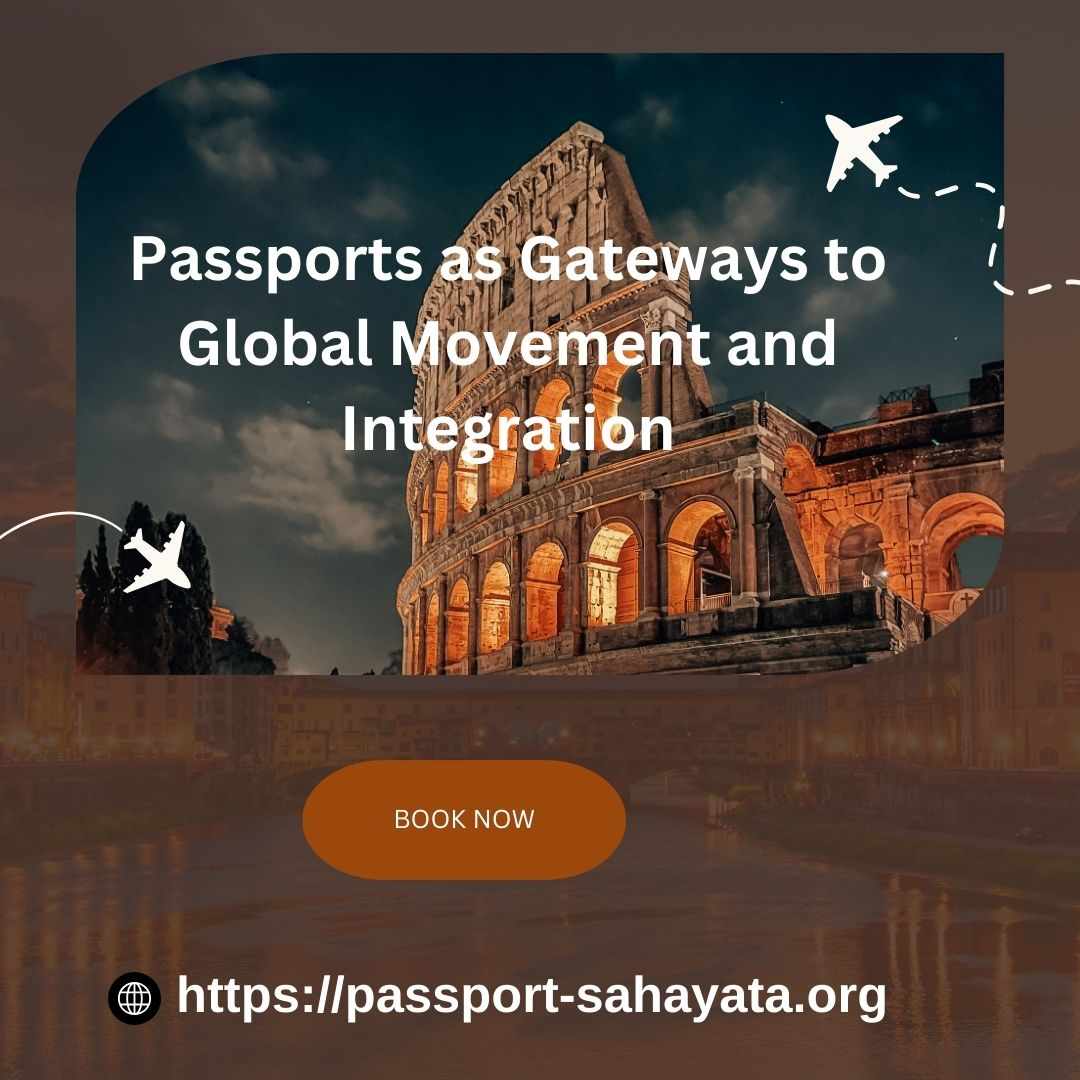
Introduction
Passports play a critical role in modern globalization, serving as essential documents for international travel and trade. They act as more than just identification tools; they are gateways that enable individuals and businesses to access a wide array of global opportunities. In the digital age, passport registration online has simplified the process, making applications quicker and international movement smoother. Passports facilitate the exchange of ideas, promote cultural understanding, and boost economic growth by opening up access to global markets and tourism destinations. This article highlights the significant role passports play in enhancing global trade, tourism, and cultural exchange, ultimately contributing to a more interconnected and thriving world.
The Legal Importance of a Passport
A passport is a government-issued document that confirms the holder's identity and nationality. It grants the right to leave and return to one's home country, subject to legal conditions. The issuance, renewal, and revocation of passports are governed by national laws, and in most countries, authorities can deny a passport on specific legal grounds, such as national security concerns, criminal convictions, or outstanding legal obligations.
Key Legal Aspects of Passports:
Issuance and Renewal – Different countries have different rules regarding who is eligible to apply for a passport. The process usually involves proof of identity, citizenship, and a background check.
Revocation and Suspension – Governments can revoke passports for reasons such as criminal activities, tax evasion, or fraudulent applications.
Dual Citizenship and Passports – Some nations allow dual citizenship, while others do not. Holding multiple passports may have legal implications, including taxation and diplomatic protection issues.
Visa Regulations and Entry Requirements
While a passport is necessary for international travel, many countries require an additional document—a visa—for entry. A visa is an endorsement on a passport that permits the holder to enter, stay, or leave a country for a specified period and purpose.
Types of Visas and Their Legal Implications:
Tourist Visa – Allows short-term travel for leisure; overstaying can result in fines or bans.
Work Visa – Required for employment in a foreign country; working without proper authorization can lead to deportation.
Student Visa – Issued for educational purposes; violating the terms (e.g., working without permission) can result in legal consequences.
Diplomatic and Official Visas – Granted to government officials and diplomats, often with legal immunities.
Visa-Free Travel and E-Visa Systems – Some countries allow visa-free entry or offer e-visas for easier processing.
Border Control and Immigration Laws
Upon arrival at a foreign destination, travelers must go through border control, where immigration officers assess their documentation and eligibility to enter the country.
Common Legal Issues at Border Control:
Invalid or Expired Passport – Travelers may be denied entry if their passport is invalid or set to expire soon.
Insufficient Travel Documents – Some countries require proof of return tickets, hotel reservations, or financial means.
Customs and Declarations – Failure to declare restricted or prohibited goods can lead to fines or legal penalties.
Entry Denials and Deportation – If a traveler fails to meet entry conditions, they may be refused entry or deported at their own expense.
International Laws and Treaties Affecting Travel
Several international agreements regulate travel rights and legal protections for travelers.
Universal Declaration of Human Rights (Article 13) – Recognizes the right to freedom of movement and the right to return to one’s country.
Schengen Agreement – Allows passport-free movement across many European countries but requires compliance with immigration laws.
Visa Waiver Program (VWP) – Enables citizens of eligible countries to travel to the U.S. without a visa for short stays.
International Air Transport Agreements – Dictate airline policies regarding passenger rights and security measures.
Passport Fraud and Legal Consequences
Passport fraud is a serious offense with severe legal consequences. Common types include:
Forgery – Creating counterfeit passports.
Identity Theft – Using another person’s passport illegally.
Misrepresentation – Providing false information on a passport application.
Passport Selling and Buying – Selling or purchasing passports illegally.
Legal consequences include hefty fines, imprisonment, and travel bans. Governments employ strict security measures, including biometric data and electronic passports, to prevent fraud.
Rights and Responsibilities of Travelers
Travelers must understand their legal rights and obligations when traveling internationally.
Traveler’s Rights:
Right to consular assistance if detained or in distress abroad.
Right to legal representation if accused of a crime.
Right to travel with a valid passport unless legally restricted.
Traveler’s Responsibilities:
Obey the immigration and customs laws of the destination country.
Ensure passport validity and compliance with visa requirements.
Respect the rules of foreign nations to avoid legal troubles.
Also read: Passport Agency in Durg
Conclusion
International travel involves various legal considerations beyond simply holding a passport. Understanding visa requirements, immigration laws, international agreements, and traveler responsibilities can help ensure a smooth and legally compliant journey. Travelers should always stay informed about the latest travel regulations and seek legal guidance when needed to avoid complications and enjoy hassle-free global mobility.



Write a comment ...